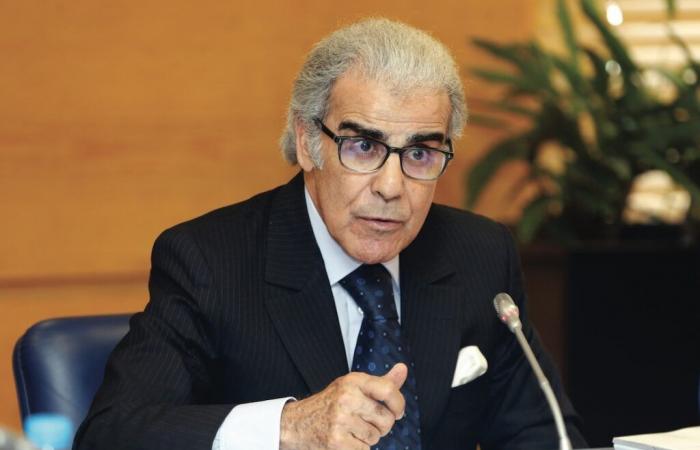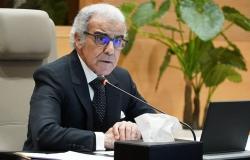Abdellatif Jouahri, Wali of Bank Al-Maghrib (BAM), affirmed this Tuesday, in Rabat, that the legal framework in preparation for crypto-assets in Morocco aims to regulate this ecosystem while preserving the dynamic of financial innovation which could emerge.
During a press conference, following the last meeting of the BAM Board of the year, Mr. Jouahri clarified: “We wanted to regulate the use of crypto-assets, without slowing down the innovation that can emerge from this ecosystem. »
This legal framework, which is currently in the adoption phase, is in line with recent G20 recommendations, while taking into account the risks linked to these new financial assets. According to Mr. Jouahri, this approach aims to find a balance between the necessary regulation and the stimulation of financial innovation.
The text is designed with the technical support of the International Monetary Fund (IMF) and the World Bank, in order to guarantee a regulated and secure environment for economic actors. The Wali of BAM also stressed that the development of this framework involved extensive consultation with national and international institutions, as well as private sector stakeholders.
“We involved all stakeholders to develop this framework. “It’s an approach that helps ensure optimal adoption and minimizes gray areas,” he added.
Read also|Bank Al-Maghrib optimizes its strategy in the face of an unstable global economic environment
With this initiative, as recalled by the Wali of Bank Al Maghrib (BAM), Morocco positions itself among the pioneers of developing countries in terms of clear and complete regulation of crypto-assets. Thus, this approach aims to prepare the Kingdom for the economic and financial challenges posed by the digitalization of monetary systems.
On another subject, Mr. Jouahri spoke of the growing appetite for the secondary market for overdue debts, after the success of the first debt securitization operation amounting to 400 million dirhams, carried out by a Moroccan bank.
This development, according to him, should contribute to structuring and revitalizing the non-performing debt market, thanks to a legal framework now finalized. This text, which is currently being adopted, will go through several stages, including public consultation and governmental and parliamentary adoption.
The Wali of BAM explained that “the secondary market for overdue debts represents a major lever to strengthen the solvency of banks and support the national economy. By allowing active management of non-performing debts, this market will help to streamline the balance sheets of financial institutions and improve their capacity for intervention. »
Finally, with regard to monetary policy, the BAM Board decided to reduce the key rate by 25 basis points, bringing it to 2.5%. This decision, taken in response to the evolution of inflation and price stability, also takes into account the international uncertainties which weigh on the medium-term economic outlook.






